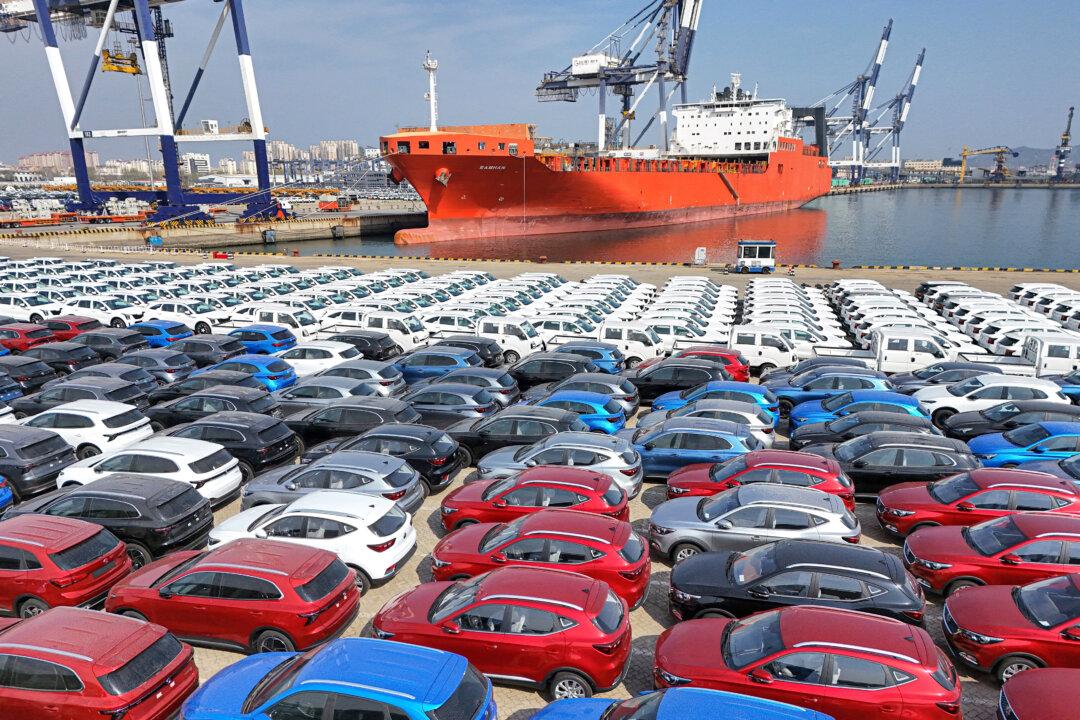President Donald Trump’s 25 percent tariffs on automobiles not made in the United States have taken effect.
At the much-anticipated April 2 “Make America Wealthy Again” event, Trump confirmed that levies on imported vehicles would go into effect at midnight. The White House will also implement higher import duties on car parts such as engines and transmissions on May 3.





